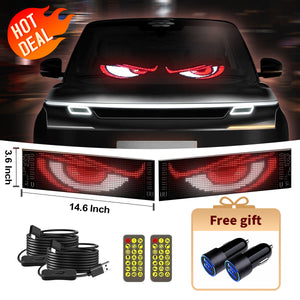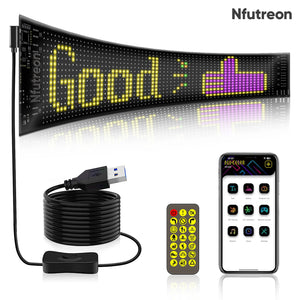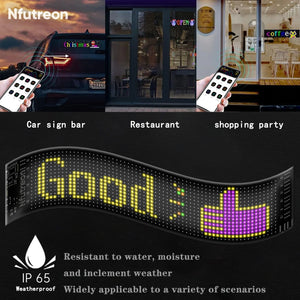When it comes to emergency starting batteries for your vehicle one of the key things to consider is weight. The weight of these batteries can affect both performance and portability. An emergency starting battery is designed to give you a quick power boost to your car when the main battery fails so you’re not left stranded.
Why Weight Matters
The weight of an emergency starting battery affects its portability and overall efficiency. Heavier batteries have more power but can be a pain to carry. For drivers who travel long distances or do outdoor activities a lightweight option can be a lifesaver. These batteries can fit in a trunk or glove compartment so you can carry them without sacrificing space.
Benefits of Lightweight
-
Portability: Lightweight batteries are easy to carry and can be taken anywhere. Perfect for those who need to use the battery on multiple vehicles or locations.
-
Quick Deploy: In an emergency you don’t want to be struggling with a heavy battery. A lighter battery means quicker and easier assistance and you’ll be back on the road sooner.
-
Many lightweight batteries offer extra features. Some include USB ports for charging devices. Others come with built-in flashlights. These added functionalities enhance their usability and convenience.

Things to Consider
When choosing an emergency starting battery consider not just the weight but also the capacity and cold cranking amps (CCA). A battery that’s too light may not have enough power in extreme conditions. Always check the specs to make sure it meets your vehicle’s requirements.
Conclusion
In summary the weight of a car emergency starting battery is key to its performance and usability. A lightweight option gives you the portability and convenience for on the go emergencies. But you have to balance weight with performance features so you can rely on it when you need it most. As you choose your options remember a good emergency starting battery can save you from stress and keep your journeys smooth and worry free.





